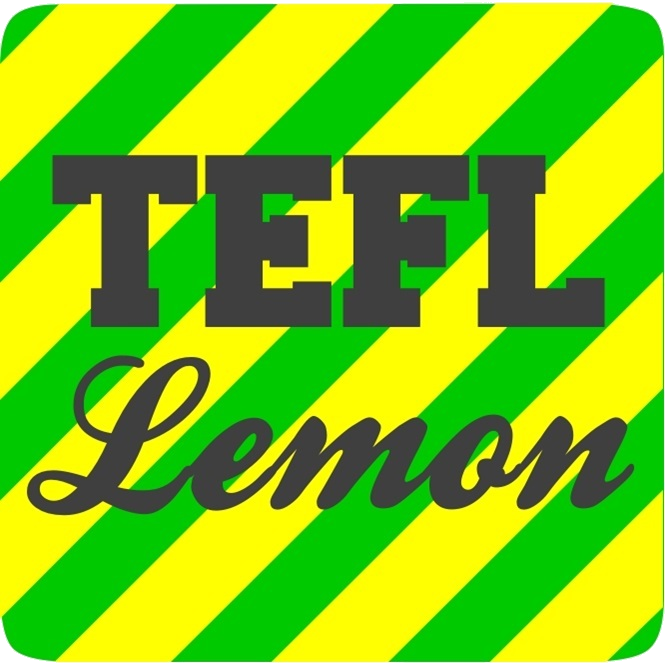Angry adverbs - a great way to teach adverbs to kids
Adverbs modify verbs in sentences to give more information about the verb being used. For example, "Andy travels to school every day" could be modified using an adverb at the end:
"Andy travels to school every day slowly."
"Andy travels to school every day happily."
"Andy travels to school every day quickly."
The three adverbs above give us far more information about how Andy goes to school and how he is feeling. Teaching adverbs to kids and using adverbs well is an important step for children learning English. This activity will help you to teach adverbs to kids. It is also a great way to get your children speaking English and grammatically correct sentences, which will build their fluency and confidence in speaking English.
Preparing in the teacher’s office
Make two sets of cards. One set of cards will have every day actions on them, for example, ‘I brushed my teeth’, ‘I went to school’, ‘I walked to school’, ‘I ate my dinner’, etc.
The other set of cards will have a different adverb on each, for example, ‘slowly’, ‘crazily’, ‘angrily’, etc. Make your two sets of cards a different colour so they don't get mixed up (this will help your management and organization). You can also keep your cards in your teaching resources cupboard or folder for the next time.
Getting ready for the ‘Angry Adverbs’ activity
Pre-teach or review with your whole class the phrases from the action pile. You can also pre-teach or review the adverbs from the adverb pile. Ask your students to think up of some sentences using a phrase from the action pile along with an adverb from the adverb pile. Get your students familiar with making sentences using the two together.
Playing ‘Angry Adverbs’ with your kids
Now put your students into two teams and get the first student up from the first team. The first student needs to choose one card from the action pile and another card from the adverb pile. They then mime the action i.e. "I walked my dog angrily".
If their team can guess the action, then they get one point. If they can guess the adverb, then they get one point. If they can guess both together and get the correct sentence, then they get three points! If they can't guess, then the other team can try. Take turns and the first team to 20 points is the winner!
As a follow-up, ask the students which sentences they can remember. This ESL game for kids will really get your students using sentences accurately and will improve their ability to speak English. Have fun!
by Stuart Allen



